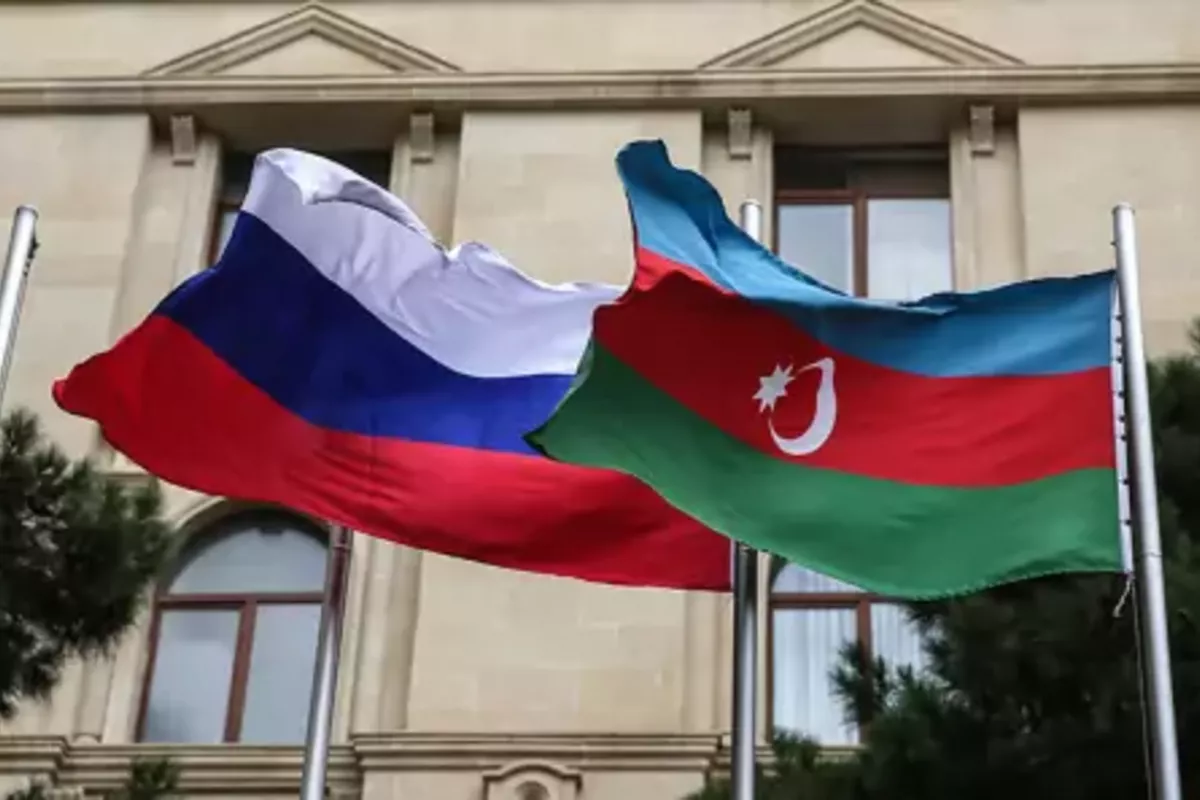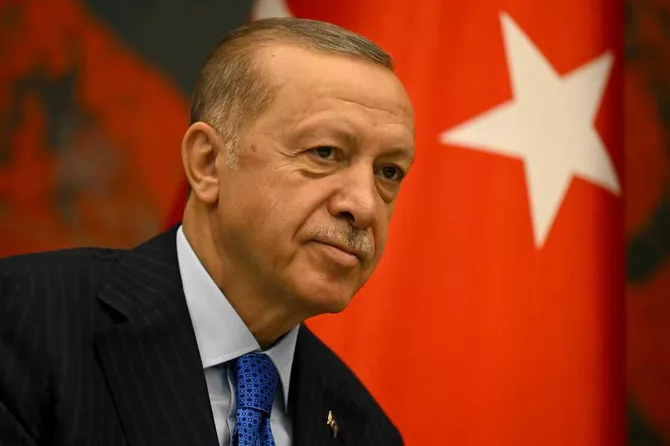
photo: Jamestown Foundation
There’s been no shortage of speculation about the recent tensions between Baku and Moscow. Commentators have rushed to frame it as a breakdown in relations, a turning point, or even a geopolitical crisis in the South Caucasus. But these interpretations miss the mark. The current disagreement, serious though it may appear, is not a rupture. It is a correctable misalignment, one that will soon give way to renewed cooperation based on clear strategic interests.
What matters is not the temporary strain but the fundamentals beneath it. Azerbaijan and Russia are not in a strategic crisis. There has been no shift in long-term interests, no redefinition of political orientation, and certainly no reason to doubt the overall trajectory of bilateral relations. Both sides understand that what unites them - regional security, economic cooperation, energy logistics, and a shared neighborhood - far outweighs what divides them.
Moscow’s leadership, including its highest levels, clearly understands why this current tension emerged. Baku’s frustration stems from two core issues: the unresolved investigation into the tragic crash of the AZAL passenger plane, and the unlawful treatment of Azerbaijani nationals and ethnic Azerbaijanis on Russian territory. The fact that Azerbaijan is demanding clarity, transparency, and accountability is not a rejection of partnership. It is a call for respect within it.
We are already seeing concrete signs that Moscow is listening. In Russia’s ongoing campaign to dismantle criminal networks across the country, law enforcement actions involving Azerbaijani nationals have returned to the legal field. Arrests are being recorded and published. This transparency helps ensure that law enforcement agencies act within the law, reducing the risk of abuse. This shift aligns with one of Azerbaijan’s principal demands.
On the aviation incident as well, direct dialogue is underway. The heads of the investigative bodies in both countries - Alexander Bastrykin and Kamran Aliyev - are in regular contact. Russia’s Minister of Emergency Situations recently visited Baku. High-level Russian spokespeople have reaffirmed that the relationship with Azerbaijan is strategic and irreplaceable.
All of this reinforces the conclusion that relations are on track to return to full normalcy. In fact, they remain strong overall. This period is more about restoring mutual sensitivity to key issues. Russia will now better understand and consider Azerbaijan’s concerns moving forward.
President Erdoğan’s recent statement calling for restraint and dialogue between Moscow and Baku must also be seen in this light. It was not just a symbolic gesture. It was a deliberate diplomatic move to stabilize the situation and reflected Türkiye’s longstanding role as a regional balancer. Years ago, when Turkish-Russian relations soured after the downing of a Russian jet over Syria, it was Azerbaijan that helped restore that relationship. Now Erdoğan is responding in kind. After speaking with President Ilham Aliyev during the ECO Summit in Khankendi, he publicly called for normalization between Azerbaijan and Russia. This was anticipated both in Baku and Moscow, and he delivered.

photo: NPR
His timely statement also served to silence speculation that Türkiye might benefit from a rift between Baku and Moscow. That claim is unfounded. Türkiye’s interests - economic, diplomatic, and regional - depend on maintaining strong partnerships with both sides. A fractured triangle serves no one.
The situation in Armenia, however, is a different story. With elections approaching in 2026, Prime Minister Nikol Pashinyan has begun a campaign not only against the nationalist opposition but also against its key institutional backers, including big business and the Armenian Apostolic Church. His targeting of Russian-Armenian billionaire Samvel Karapetyan, and others likely to follow, shows a clear effort to deny the opposition the financial and diasporic support it needs.
The Church, long a pillar of nationalist ideology and a defender of the occupation of Azerbaijani lands, is also under pressure. Pashinyan appears to be trying to push for a leadership change within it. This is a bold move given the Church’s official independence, but it must be seen in electoral terms. The nationalist opposition is preparing for a comeback. If they win, it could mean the return of war rhetoric, revanchism, and a rollback of all the diplomatic gains made over the past few years.
Only under Pashinyan is there even a theoretical chance that Armenia might amend its Constitution to remove territorial claims against Azerbaijan. The opposition would never consider such a move. It is this stark difference that makes the 2026 elections more than a domestic affair. They are a test of regional stability.
Meanwhile, Azerbaijan continues to strengthen its diplomatic leadership. The recent ECO summit in Khankendi was not just a symbolic gesture. It was a strategic assertion of sovereignty. By hosting international heads of state on its liberated territories, Baku is sending a clear message. Karabakh and Eastern Zangazur are not just Azerbaijani on paper. They are part of the global political routine. The presence of leaders from Türkiye, Iran, Pakistan, and Central Asia underscored this point. Even Iran, once ambiguous in its posture, is now engaging positively with Baku. More so than at any point in the past decade. President Masoud Pezeshkian’s attendance reflected this encouraging shift.
Additionally, Azerbaijan continues to demonstrate its ability to revitalize dormant international organizations. Just as it breathed new life into the Non-Aligned Movement, Baku is now energizing the Economic Cooperation Organization. Azerbaijan offers a pragmatic, inclusive, and non-politicized agenda that resonates far beyond its borders.
In short, the temporary turbulence with Russia is not the end of anything. It is, if anything, proof of how strong the foundation is. Strategic partners may disagree. But strategic partners also talk. And that is exactly what Baku and Moscow are doing.
Share on social media